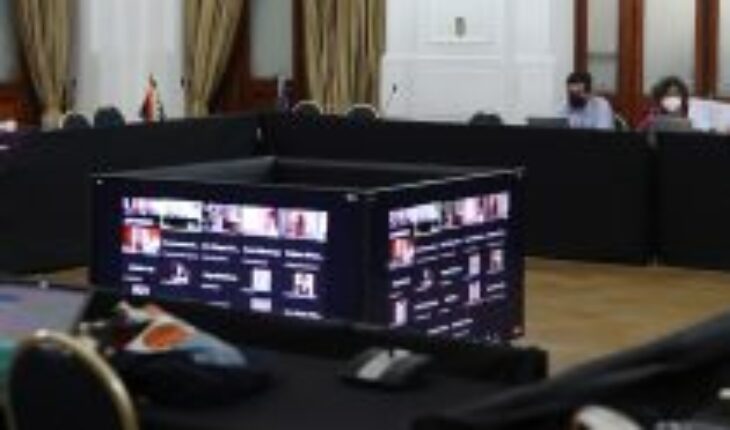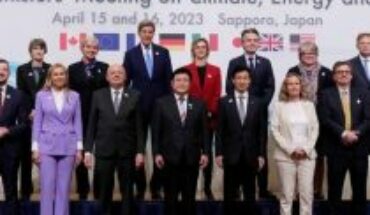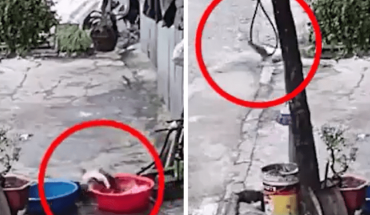The Political System Commission of the Constitutional Convention has concluded its first report on the way in which power is distributed in political institutions and the way in which they relate to society as a whole.
For us, it is about pushing a change in the institutions and their ways of working, with emphasis on their democratization, because power has certainly not been at the service of the majority. In this way, we seek to accompany the guarantee of the social, economic, cultural and nature rights of all peoples with an institutional structure that organizes power in favor of these new goals.
This work has been carried out in the midst of a growing boycott of sectors of power against the work of the Convention, calling for a vote of rejection in the final plebiscite, even though there is still no constitutional text.
In this strategy have participated exponents of the constituted power, such as Piñera, who was “concerned” about the “refoundational eagerness” of this instance or the president of the board of directors of the Servel and former member of the Political Commission of the UDI, Andrés Tagle, who said that the forms of election of the Convention “call into question its democratic origin”.
Despite this scenario, the commission has made progress in defining a plurinational and parity democracy; a unicameral legislature, which settles in the various autonomous territories through a council; and an executive with less power than the current one. On the other hand, proposals for electoral participation of political-social movements have advanced, thus overcoming a democracy based only on a party system.
Regarding the issues of this commission, the discussion on the Legislative Branch is the one that has caused one of the most controversial discussions, given the defense that the political class has made of an instance like the current Senate, which would disappear if the unicameral proposal that achieved a majority in the first round of votes of the commission advances.
On a second occasion, the commission opened up to discuss the proposal of an instance that could give coherence to the Regional State that was already approved at the proposal of the commission on State Form. This is how the proposal of a single chamber at the central level called the Plurinational Congress is complemented, with a Territorial Council that would participate in the process of formation of the law, raising the needs of the territories in link with the spaces of government and participation of the territorial autonomies.
This proposal gives rise to the Senate as a reviewing chamber, reducing the legislative procedures of an instance that in practice does not represent the territories, but defends the interests of companies, observing with contempt the needs that we all go out to demand on October 18, 2019 and that gave rise to the current constituent process.
The content expressed in this opinion column is the sole responsibility of its author, and does not necessarily reflect the editorial line or position of El Mostrador.





